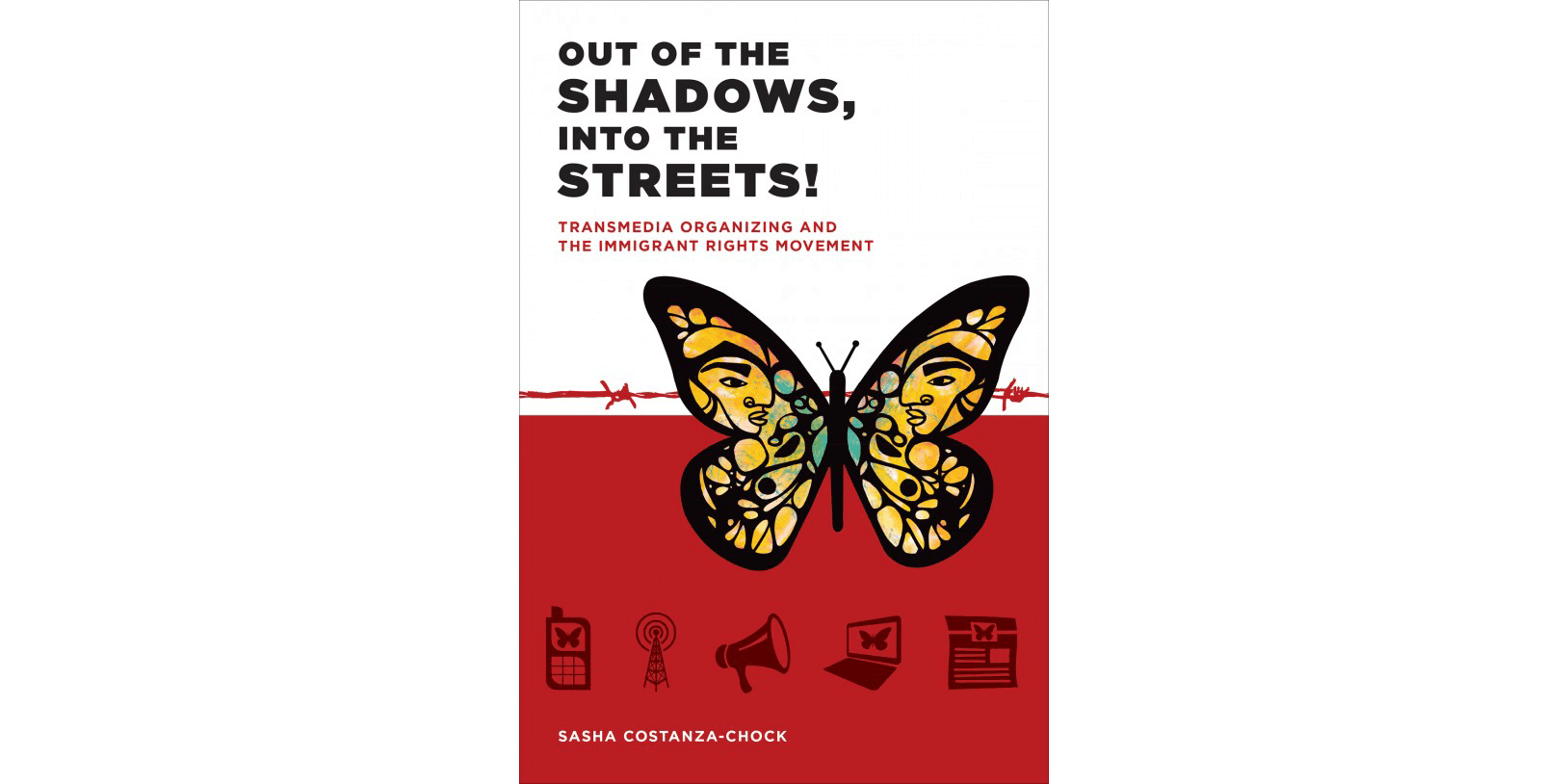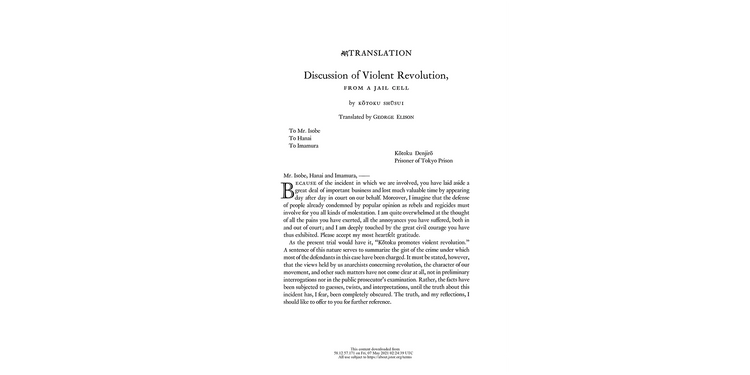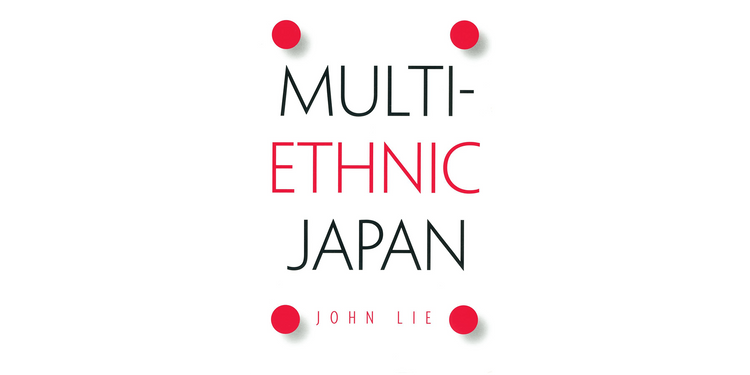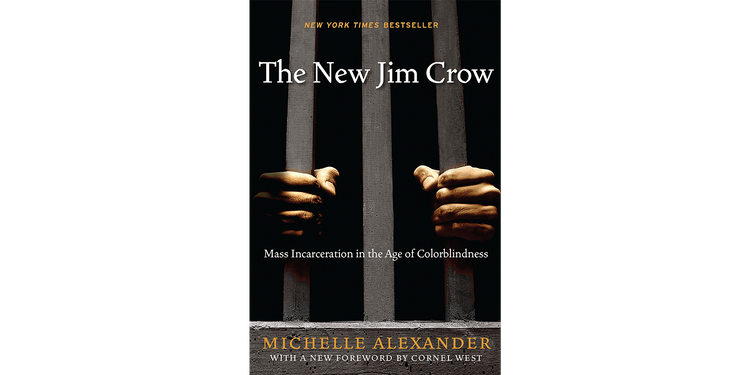Leaving Leadership Behind: Media's New Role in Movement-Making

In an episode of his series on nonviolence, Civil Rights activist and organizer Bernard Lafayette, Jr. identifies the importance of coalition-building for a sustainable movement. First, he argues that the movement's goal must be framed around a specific issue, such that diverse groups can participate while knowing how they benefit from the cause. He adds that there need to be individuals within the coalition who can coordinate media relations so that the movement can be interpreted "to the rest of the community and the world." Finally, he explains that a movement must have a leader who can act as a spokesperson for the coalition's consensus as well as join them in action.

As an example, Lafayette, Jr. explains that Occupy Wall Street had consensus, but no spokesperson to articulate it. While he commends the protestors for their energy and sacrifice, he seems to imply that their lack of such leadership led to the movement's eventual dissolution. That doesn't mean it failed, of course – although the movement itself ended, its vocabulary, e.g., "We are the 99%", has permeated our zeitgeist as we've grown more critical of the vast inequality between the world's wealthiest and everyone else. But as one friend explained, evaluating the Occupy movement based on its leadership in the first place is "like asking the working class to speak to their manager" – why do we assume that any one person would be more prepared than the masses at expressing frustration at the injustice they live through every day?
This shift away from movement spokesmanship, especially over the last decade, may be a consequence of more widespread transmedia organizing, which MIT's Sasha Costanza-Chock defines as follows in their book Out of the Shadows, Into the Streets:
Transmedia organizing includes the creation of a narrative of social transformation across multiple media platforms, involving the movement's base in participatory media making, and linking attention directly to concrete opportunities for action. (50)
Transmedia organizing is neither new nor necessarily a product of the information age. But as Costanza-Chock explains through their study of immigrant- and DREAMer-led movements between 2006 and 2013, the combination of cheaper, more powerful technology and wider (though not universal) internet access has made it easier for people to create and share their own media. Now equipped with the ability to broadcast as much of their movement activity as they please, participants don't necessarily need spokespeople to narrate their experiences for them. What they need instead, Costanza-Chock proposes, is amplification.
Costanza-Chock writes that "[in] the changed media ecology, effective transmedia organizers shift from speaking for movements to speaking with them" (70). In a climate where network news merely frames clashes between police and protesters as "violent conflict," as if to suggest that unarmed civilians and militarized law enforcement are somehow capable of the same violence, movement spokespeople may feel pressured to adopt a similar narrative in their efforts to build support through mass media (74). Amplifiers, on the other hand, through aggregating, remixing, and recirculating media made by movement participants, sometimes even as film and documentary works, challenge these narratives while remaining accountable to their base.
As Costanza-Chock discovers through interviews with movement participants, large organizations and small grassroots groups alike still struggle with the transition from spokesmanship to amplification. A large social movement organization or NPO may revolve around a clear mission, but its hierarchal structure and emphasis on measurable services mean that it is slow to respond to the breadth and volatility of the movement base's priorities. On the other hand, while smaller groups strive for greater accountability through working directly with the movement base, they lack the financial resources to produce a constant flow of media, relying mostly on volunteers who can afford to spare the time.
Prioritizing amplification over spokesmanship means that social movement groups both large and small can access the vast collection of media created by the movement base. Through this media, the movement establishes its shared identity more honestly and efficiently. This shared identity contributes to the movement's public narrative, or the goals that motivate its coalitions, which in turn encourages the base to create and share more media. Thus, as Constanza-Chock argues throughout their work, media-making is an iterative movement-building process in and of itself.

Through its emphasis on participation, transmedia organizing creates consensus that in top-down models of movement-building would be dictated by a spokesperson, whether they take the form of a movement leader as Lafayette, Jr. proposes or the PR team of an NPO. That doesn't mean that organizational leadership has necessarily become detrimental or obsolete. Nevertheless, we should be cautious of how language about leadership in mass media today can distract us from the efforts of the movement base.
Take Hong Kong activist Agnes Chow's recent arrest under the new national security law. Called the "Goddess of Democracy" throughout Japanese news (against her wishes), Chow has been vaulted into leadership status despite being one of many hundreds of young Hong Kong protesters who have spent years fighting for their rights. But as one Japanese columnist writes in response to a Mainichi headline (since revised) referring to her as a leader, "Calling Agnes Chow a leader is cooperating with the Hong Kong police's rhetoric," as it exaggerates her role as an instigator and frames her arrest as a severe blow against the pro-democracy movement.
周庭氏を「リーダー」として国家反逆で重刑を課したい警察側のレトリックに協力することになってしまう。#日本の新聞社は周庭氏をリーダーと表記するな https://t.co/4JfoW80qXF
— 町山智浩 (@TomoMachi) August 11, 2020
Thus, leadership, like violence, can be manipulated into the narrative built by law enforcement and mass media. An arrest can be interpreted to the community and the world as the equivalent of a movement's end. But as text and video testimonies – as well as their translations and compilations – are spread throughout social media, we must remind ourselves that nothing could be further from the truth, and that we are not powerless in telling our story.







